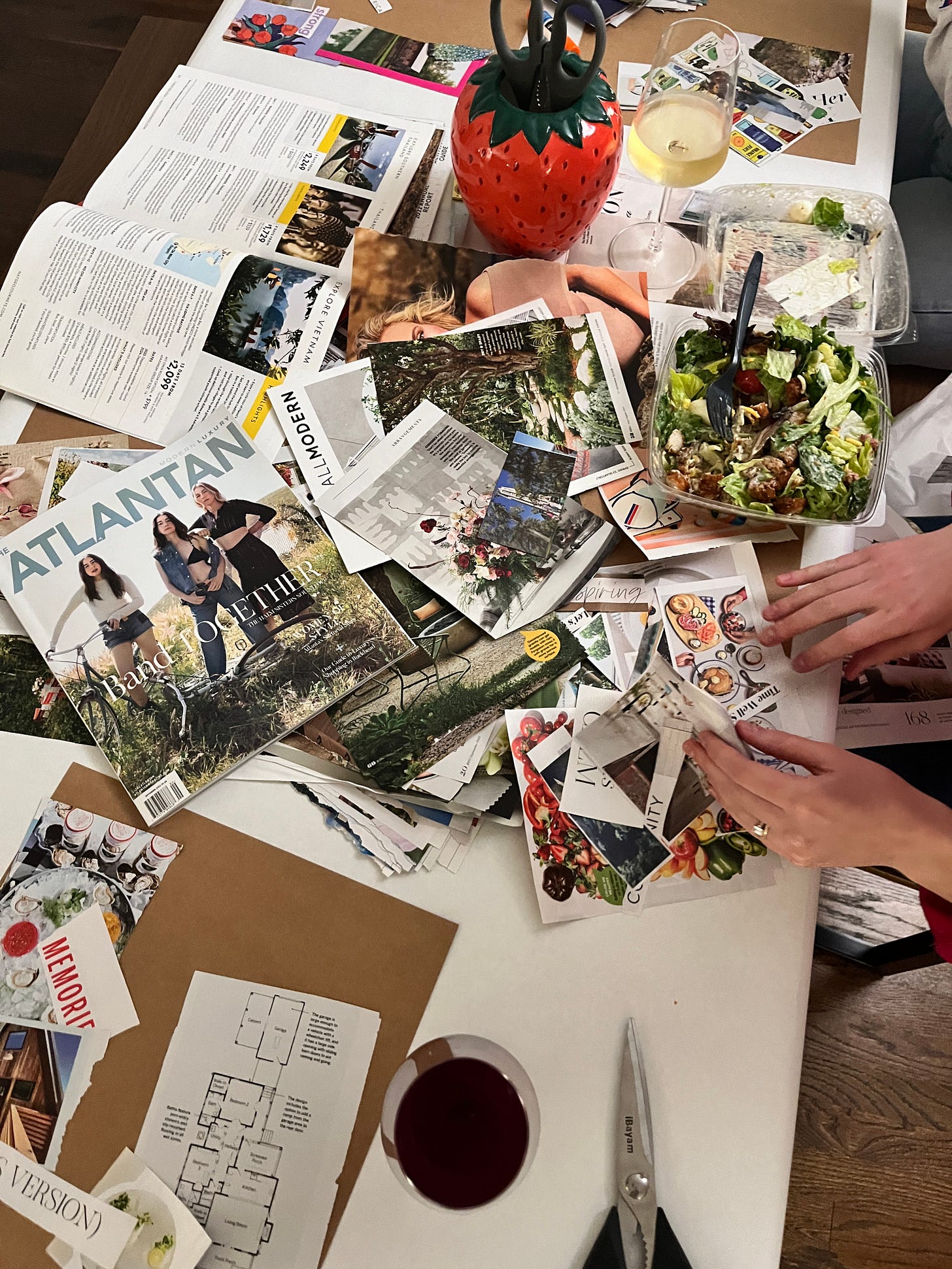I stumbled on a social media comments section and read too far. The commenters were in a heated argument about if “therapy speak” has become too trendy. If everyone claiming “trauma” has gone too far. They determined yes it has and eventually they joked back and forth about how so many people are “traumatized” to become popular online.
I felt like the accusations landed on me like a pointed finger.
I know this feeling all too well. I’ve been through some really hard things. When I read these harshly worded comments about trauma being trendy I felt like these internet people all felt this way about me. As if they knew me personally and wanted to pick apart my story to decide if it met some unspoken qualifications for trauma.
I do exactly what they hate, I thought, as I read more and more of the comments. I talk about birth trauma. I call myself a trauma survivor. But I know this voice. Some people call it the accuser, or evil, or the devil—or maybe just shame.
An aspect of trauma I have become very aware of in my own work in therapy and through my podcast is that trauma isn’t about the actual event—it’s about how the event is experienced.
This is a huge deal for birth trauma because we can have a “healthy mom & healthy baby” in the end but still be birth trauma survivors. For some people, that might be confusing. But the statistics around birth trauma and rates of mental illness during postpartum all support this idea. (I could go on and on about this but instead I’ll just say listen to my podcast Holy Labor if it interests you.)
When I felt shame in calling myself a trauma survivor due to these internet strangers comments I took a step back. Why am I doing this?
Maybe some people think it’s for attention. For clicks. For views. But I’ve never really liked sharing about my trauma. It’s not something I do for fun.
Actually, I very tactfully tell my son’s birth story on my podcast in a way that protects him, me, a few other people involved and leaves out some of the “worst” parts on purpose. I knew from the very beginning that the emotional toll of sharing even just some of what I went through would be massive.
And it is. It’s really hard.
Most of the responses have been sweet and encouraging but there are always people who don’t get it. When you write nonfiction, as I do, this can feel so personal. I try to keep a separation between myself and what I create but sometimes that feels very, very thin. Comments on the creation can feel like commentary on me.
A part of me just wanted to hit the eject button and quit sharing altogether as I felt the accusations of you’re just traumatized because it’s a trend swirl through my mind. But I didn’t.
Later, I saw a bright blue color and really bright lights. My heart started to pound, my breath quickened and my brain screamed you are not safe here!!
Another part of me interrupted, yes you are safe here. Take a deep breath. Feel the hole in your jeans by your knee. The zipper on your bag. The ground under your feet. Look, it’s just the color blue and a light. Not the same blue and same light from that day. You’re going to be okay. My breath steadied. My brain felt like it clicked back into place. I am okay.
My son climbed up into my lap, bringing a book as a request. He’s truly a toddler now. When did he start to understand the word book? I start to read, “that’s not my polar bear! It’s paws are too bumpy…” and together we run our fingers over polar bear paws.
It’s a miracle we are here. A miracle that we survived. A miracle that we can cuddle up searching for the correct polar bear in a book together knowing that there is hope after trauma and a God who created our nervous systems to heal.
Maybe some people on the internet think it’s too trendy to talk about trauma. But for me, it’s not a trend. It’s my life. I had to work to get to talk about what happened to me. I had to learn to tell my story, to own my story, to live my story after trauma. I’m still learning.
In a recent conversation with a healthcare professional who heard my story without knowing much else about me he jumped in to ask if I’d received trauma therapy. He immediately recognized my story for what it was—trauma. I felt validated and seen and the words, “I’m a birth trauma advocate” instantly spilled out.
I didn’t plan on making this part of my identity. I didn’t put it on a vision board or to-do list and think to myself, I would be really good at that.
If I could change that experience with a magic wand, I would. But I know that I can’t. I know this experience is not who I am. I am so much more than a trauma survivor. But I also am a trauma survivor.
Maybe some people misuse therapy terms and view trauma as trendy. I think we will naturally get some of that as it becomes more common for people to speak up about these topics.
But from where I sit, in Christian spaces, most churches are full of addiction, turmoil, and distress and people who have been trained since childhood to say, “it’s not that bad, really. God works all things together for our good!” when their bodies, minds and spirits are begging them to pay attention to the trauma that holds them hostage. I think, God is begging us all to pay attention, too.
Throughout the psalms we see a funny word again and again that doesn’t quite have an easy english translation. It pops up so often some of us might read over it in our Bibles where we see, selah, again and again. One of the best translations I’ve seen for selah is “pay attention.”
I guess I’m fine with people thinking I’m just trying to be trendy or get attention or wherever the accusation of the day will land. Because deep within my soul I know that there is something very wrong with what happened to me and I refuse to be silent about that for the woman listening who isn’t ready to call it what it is yet.
Whether you’re a trauma survivor or not, I think God is calling all of us to stop. To pay attention to the people around us, the embodied stories they’re living. The ways they shape them and connect us. For me naming trauma is paying attention. This pause, this acknowledgment, helps me to know my own story and connect with God and others through that story. It is taking a sacred pause, saying an inward and outward selah.

















Share this post